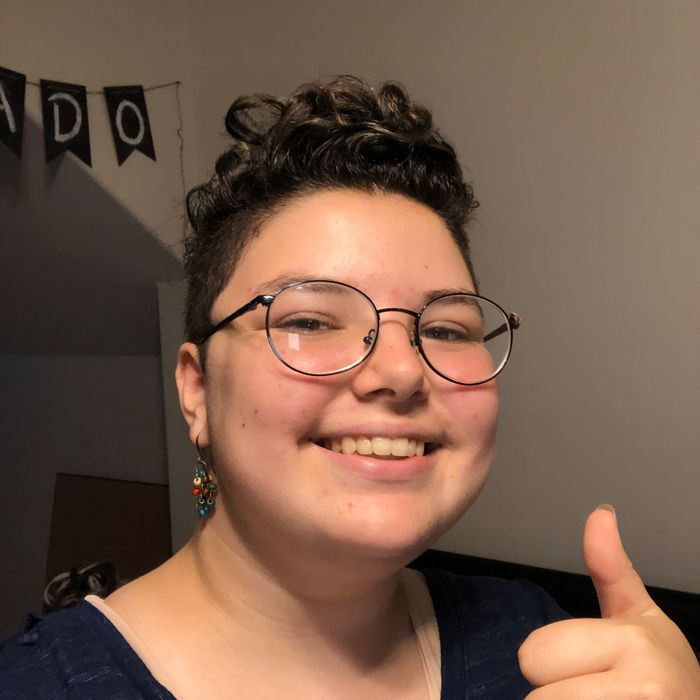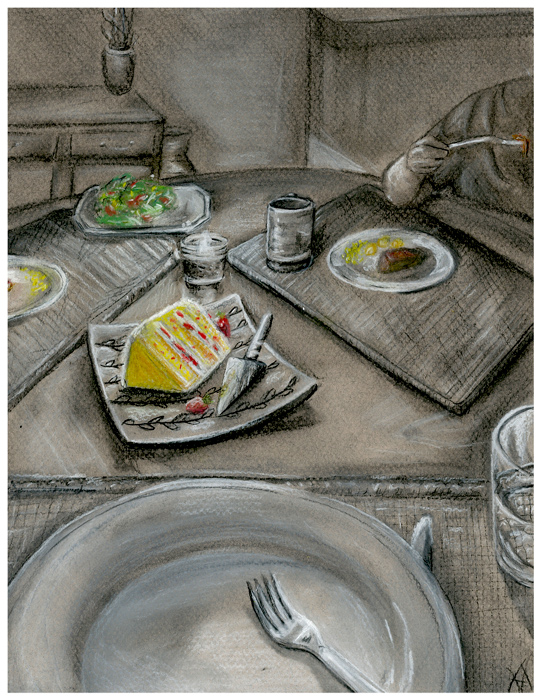Intuitive Eating: The Anti-Diet Diet
by Elizabeth Setti
With the fitness and health industry continuously coming up with new fad diets, having a guilt-free approach to food might seem impossible. As a society we have segregated foods into “good” and “bad” categories, which has resulted in an unhealthy relationship with food. Therefore, Evelyn Tribole and Elyse Resch coined the concept of “intuitive eating” in 1995 and published a book on the topic. The book helped people who suffered from eating disorders or struggled with their relationship to food. It introduced a new outlook on food that was opposite of any other common diet. The central idea of intuitive eating is noticing hunger and eating to satisfy it, but not overeating to the point of discomfort. To some the notion might seem elementary, however for some it is a difficult practice to implement.
In my personal experience of battling Anorexia and fighting to normalize my relationship with food, eating intuitively has been a challenge. Prior to my Anorexia, I never thought twice about what I was consuming. Simply, I ate food when I noticed hunger but stopped eating when I was full and satisfied. But those days of freedom are gone, and now it seems as if food is always on my mind. Even if someone does not have an eating disorder background, it is still good to acknowledge the signals that the body is sending and apply intuitive eating. Ignoring hunger can lead to metabolism issues, low energy, and many other negative biological and mental problems.
With intuitive eating, foods are perceived as neutral. Embracing this outlook will help with guilt that can ensue after honoring a craving. Eating a cookie does not mean failure—because it is just food, after all! Therefore, if you are craving a cookie, eat with enjoyment but stop once satisfaction is reached. Noticing your body’s reaction and practicing mindfulness is crucial—which means realizing that eating an entire box of cookies will not result in a good feeling.
Practicing intuitive eating can be daunting because there may be a fear of weight gain, or the perception that you are not eating healthily. But as a society we should focus more on living for experience rather than the appearance of our bodies. Anorexia caused me to miss out on a plethora of social and family events because I was afraid of the food I might encounter. Intuitive eating has helped me start my journey to find food freedom and not bully myself for nourishing my body with what it deserves. Implementing intuitive eating instead of forcing another harmful diet allows for the focus to shift from appearance to experience.
To learn more about intuitive eating please visit intuitiveeating.org.
About Elizabeth Setti

Elizabeth Setti is a junior at Richwoods High School in the International Baccalaureate program. Setti plays volleyball for both Richwoods and Central Illinois Elite Volleyball Club, where she has the opportunity to travel throughout the Midwest and compete at high levels. She is the editor (and previously a writer) for the sports section of “Richwoods Shield,” her school’s newspaper. Setti serves on the student leadership team and Noble Knights, and is a member of her school’s science club. She was recently diagnosed with Anorexia-Nervosa, which she developed during the COVID-19 pandemic. She feels it is important to share her story and spread awareness about eating disorders. As such, Setti created a blog called “A Hidden Addiction,” where she tells her story and her journey to recovery.
About Adrien Vozenilek

Adrien Vozenilek is a senior at Peoria Notre Dame High School. Currently, their focus is portraying family history and their Italian heritage through 2D works centered around heirlooms. Adrien will be a freshman at Southern Illinois University Edwardsville and plans to become an art therapist for LGBTQ+ youth.

